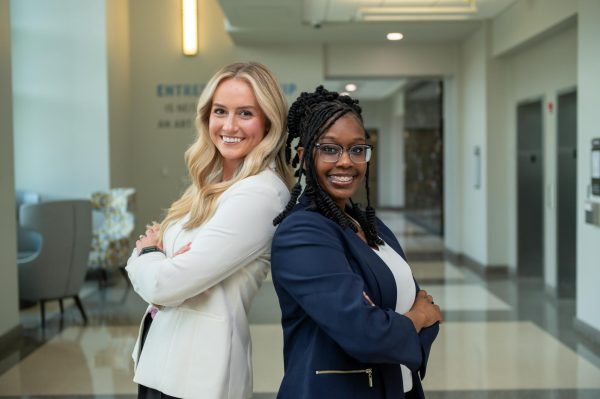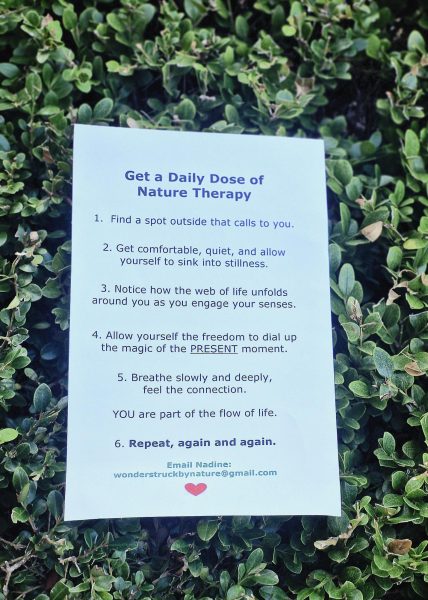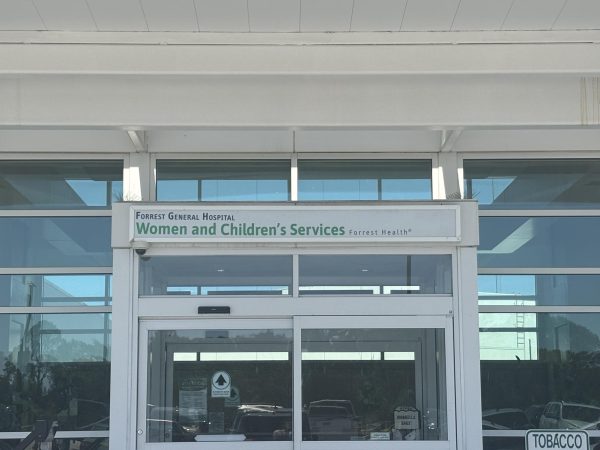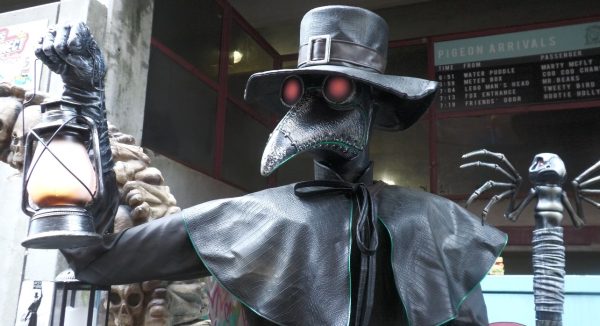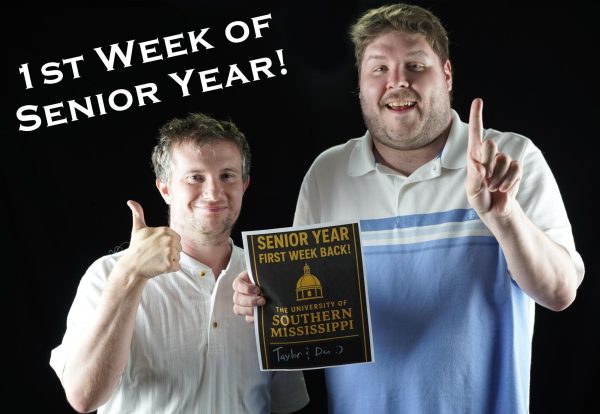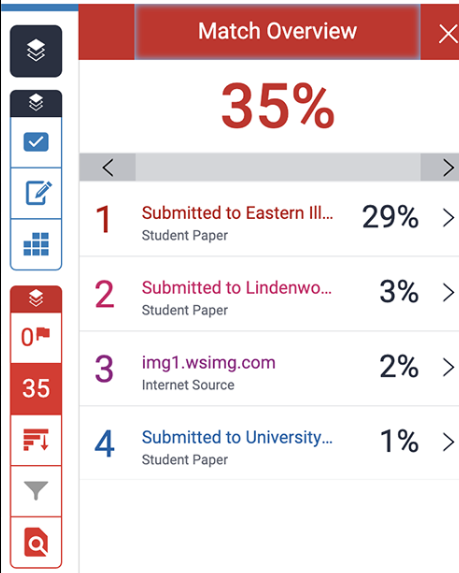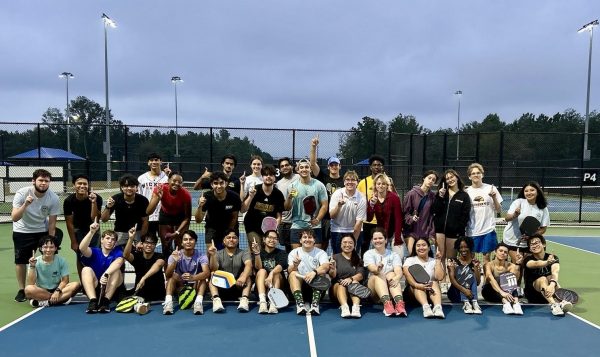Trouble follows Disney’s new disability policy
The University of Southern Mississippi’s Center for Ethics and Health Humanities, located in the Gonzales Auditorium, held a panel discussion regarding to the disability accommodations in relation to Disney this past Monday.
Prior to 2013, Disney would accommodate guest with disabilities that aligned with the Americans with Disability Act by giving the guest and their family members disability access service cards. This allowed the guests to bypass the lines for the theme parks’ rides. However, Disney changed that whenever social media reports showed that people were hiring guest with disabilities to accompany them on their trip to Disney to bypass the lines.
“The Walt Disney Company (responsible for management of The Walt Disney World Resort and The Disneyland Resort) had a procedure (prior to 2013) for allowing disabled individuals priority access to its theme park rides. (Reduced waiting time.),” said Dr. Sam Bruton with the office of Research Integrity. “However, Disney discontinued the policy because customers abused and overused the procedure. The plaintiffs in the two lead lawsuits against Disney are individuals with moderate or severe autism. They seek shortened wait times to relieve the significant distress they experience while waiting in long lines.”
According to the nationalautismassociation.org website, Autism is a bio-neurological developmental disability. Autism impacts the normal development of the brain in the areas of social interaction, communication skills and cognitive function. Individuals with autism typically have difficulties in verbal and non-verbal communication, social interactions and leisure or play activities Individuals with autism often suffer from numerous co-morbid medical conditions which may include allergies, asthma, epilepsy, digestive disorders, persistent viral infections, feeding disorders, sensory integration dysfunction, sleeping disorders and other illnesses.
Those who are affected by these lawsuits are potentially both disabled and non-disabled Disney visitors. The biggest issue is the disabilities are being overlook. It is impossible at this point to know the outcome of the situation. However, if the plaintiffs are successful, compensation will be granted as well as possible changes to Disney’s disability polices.
The panel featured Dr. Leslie Francis, Dr. Kevin Mintz and Dr. Adam Cureton all of which are disability scholars. They were accompanied by Andy Dogali, a lawyer representing some of the plaintiffs suing Disney.
“USM’s Center for Ethics and Health Humanities is sponsoring this event as part of our year-long focus on disabilities and disability accommodations. The Disney case is an interesting focal point for discussion insofar as it poses novel issues about disabilities accommodations,” said Dr. Bruton.
The takeaway from this is to be mindful that disabilities come in different forms and that accommodations need to follow in accordance with the Americans with Disability Act.
“We can all learn that disabilities can take various forms, and appropriate accommodations must be responsive to the daily challenges disabled individuals face in their life activities, including activities that many of us take for granted,” said Dr. Bruton.
Your donation will support the student journalists of University of Southern Mississipi. Your contribution will allow us to purchase equipment and cover our annual website hosting costs.

























